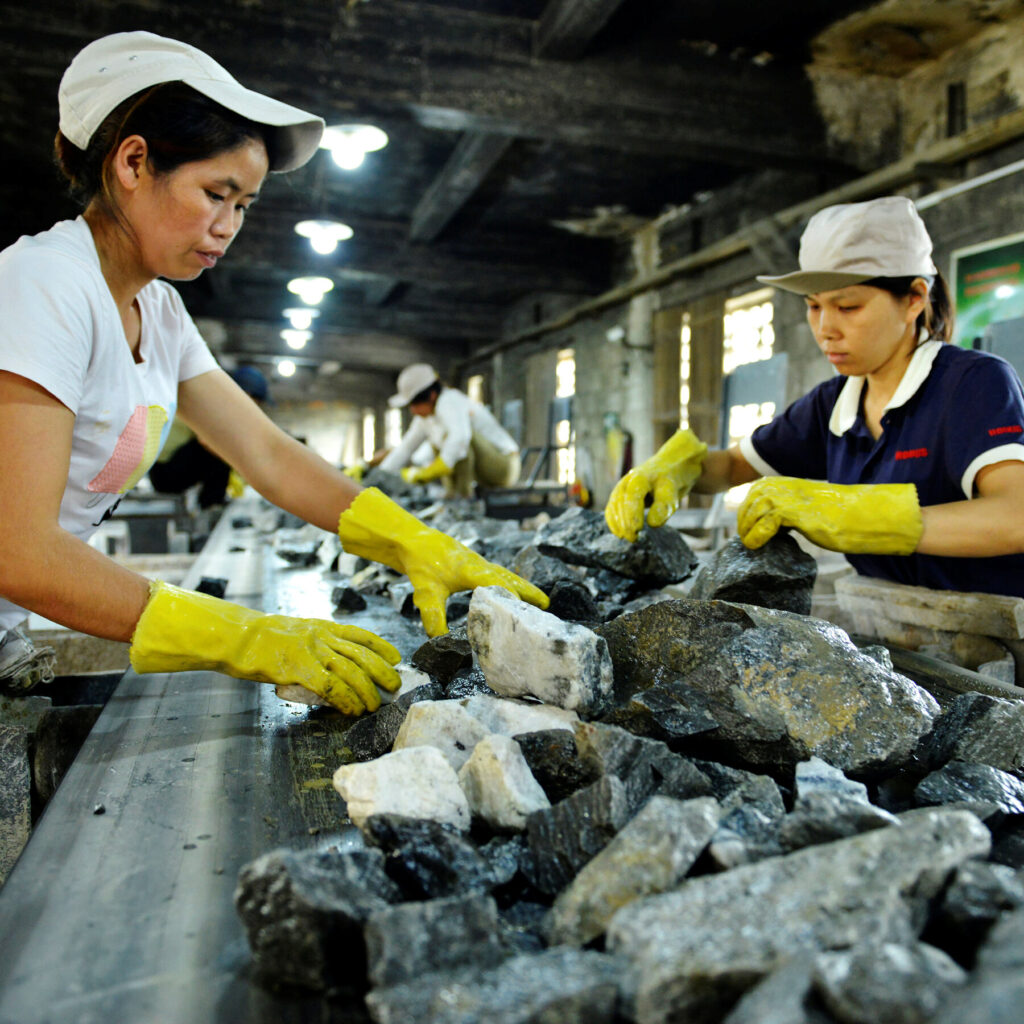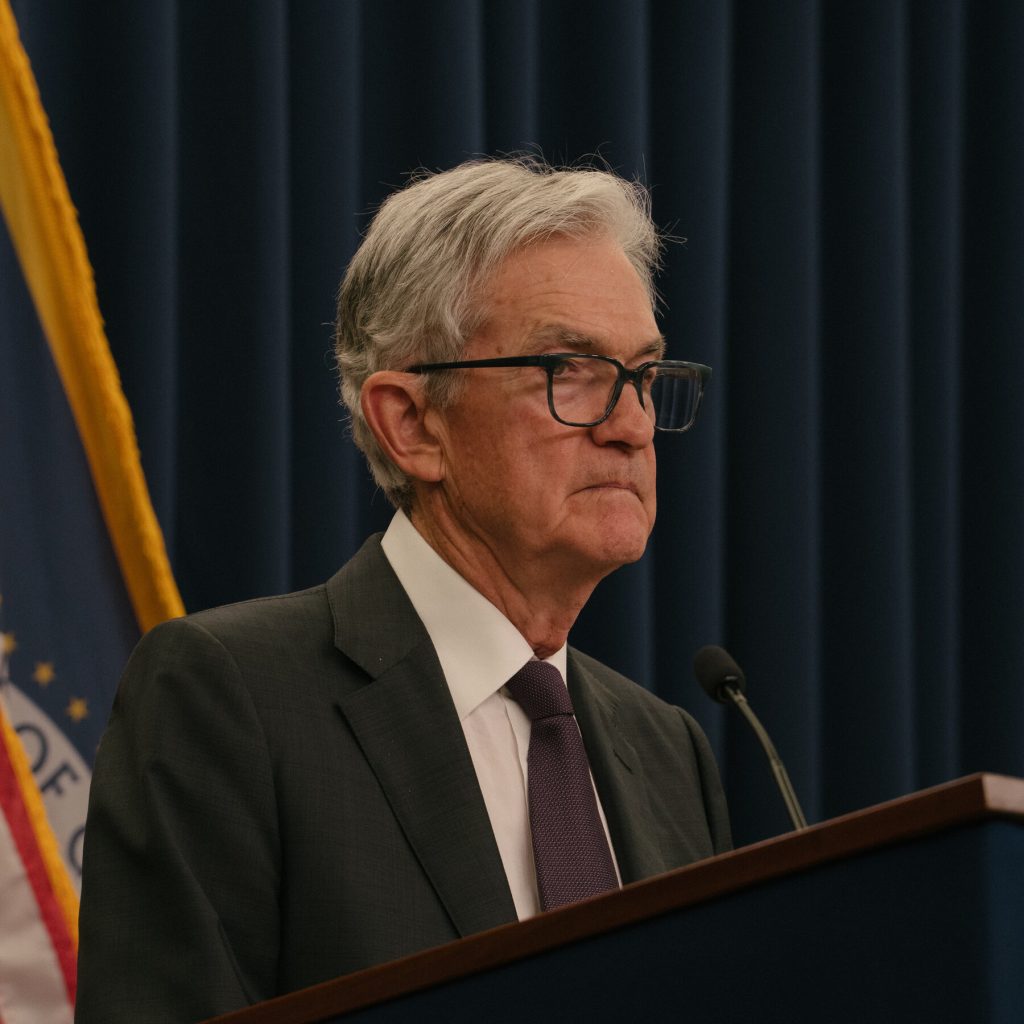China Lifts Export Restrictions on Additional Critical Minerals, Paving Way for U.S. Access

Beijing announced on Tuesday that it will suspend export controls on a broader slate of critical minerals, a move that directly responds to commitments made by the United States and China at last month’s high‑level summit in Washington. The policy shift is expected to smooth the path for American companies seeking reliable supplies of strategic resources such as rare‑earth elements, lithium, and graphite—materials essential for everything from electric‑vehicle batteries to advanced defense technologies.
Under the new regulations, Chinese exporters will no longer need to obtain special licences for a list of minerals that were previously subject to stringent approval procedures. The change comes after weeks of behind‑the‑scenes negotiations between the two governments, during which the White House highlighted the importance of a stable, diversified supply chain for the United States’ clean‑energy and national‑security objectives.
“The decision reflects China’s willingness to honor the spirit of our dialogue and to support a more balanced global market for critical inputs,” said a senior State Department official, who asked to remain anonymous. “U.S. firms will now have a clearer, more predictable route to source the raw materials they need to compete internationally.”
Industry analysts welcomed the announcement, noting that the removal of export hurdles could reduce costs and lead times for manufacturers that have struggled with supply bottlenecks in recent years. “We’ve been watching the market for a clear signal that China is ready to open up,” said Maya Chen, senior analyst at the consultancy Global Resources Insight. “This is that signal, and it could translate into a modest but meaningful dip in prices for rare‑earth oxides over the next quarter.”
The list of minerals affected includes, among others, neodymium, dysprosium, and praseodymium—key components of high‑performance magnets—as well as lithium‑bearing spodumene and natural graphite. While the exact timeline for full implementation was not disclosed, Chinese authorities indicated that the new regime would take effect within the next 30 days, giving exporters and importers a brief window to adjust their compliance procedures.
U.S. lawmakers, who have long expressed concerns about over‑reliance on a single source for critical materials, greeted the development with cautious optimism. “This is a step in the right direction, but we must continue to invest in domestic production and allied partnerships to ensure long‑term security,” said Representative Elena Martinez (D‑CA), a member of the House Committee on Energy and Commerce.
China’s move also aligns with its broader strategy to position itself as a responsible participant in the global supply chain, especially as it seeks to mitigate trade tensions that have flared in other sectors. By easing export controls, Beijing hopes to demonstrate goodwill and possibly secure concessions in unrelated areas of the bilateral relationship.
The White House has pledged to monitor the rollout closely and to work with industry stakeholders to maximize the benefits of the new policy. A senior administration official said, “Our goal is to translate these diplomatic breakthroughs into tangible advantages for American businesses and, ultimately, for American consumers.”
If the suspension holds and the supply flow stabilizes, the United States could see a gradual reduction in its dependence on stockpiled inventories, freeing up resources for further investment in clean‑energy projects and advanced manufacturing. The coming weeks will reveal how quickly the market adjusts and whether other nations will follow suit in easing their own export restrictions.





Çin’in ihracat kısıtlamalarını kaldırması, ABD için stratejik kaynaklara erişimi kolaylaştıracak önemli bir adım. Bu hamle, temiz enerji ve ulusal güvenlik hedefleri için istikrarlı bir tedarik zinciri oluşturmaya yardımcı olacaktır.